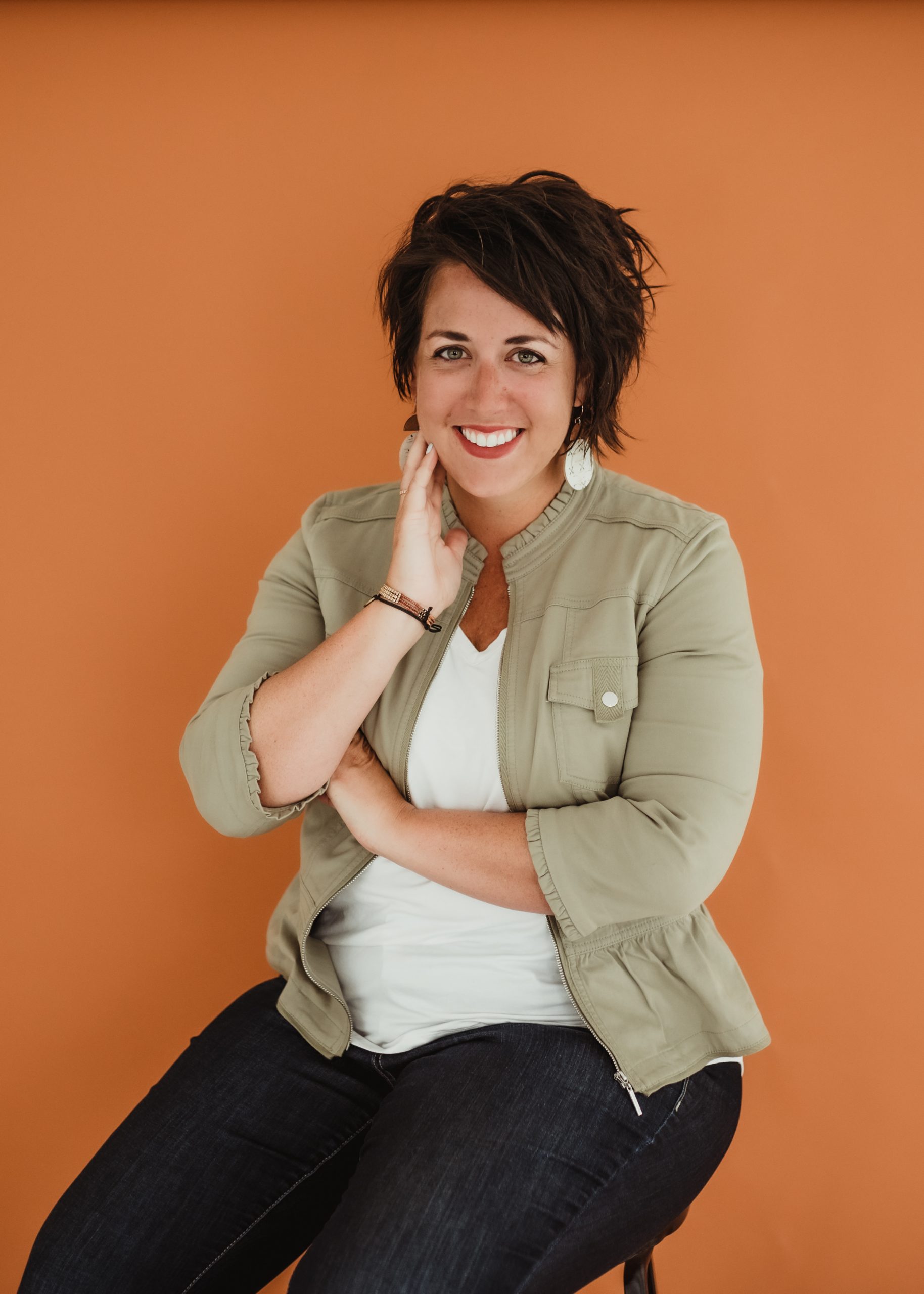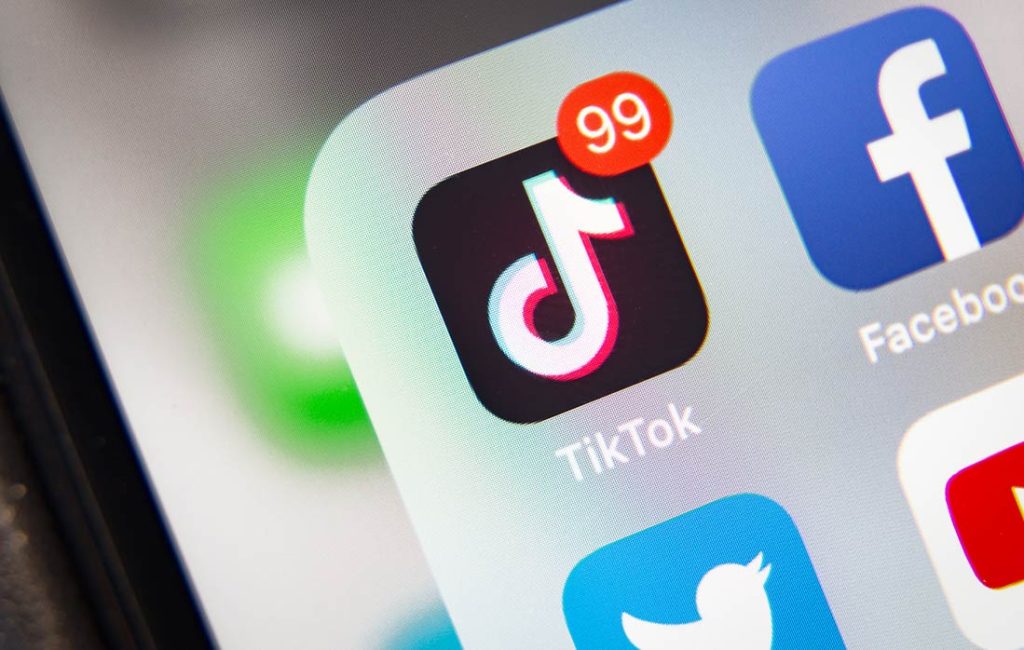
Between a hilarious video of a smiling horse, or a makeup tutorial, you’ve likely encountered medical advice on “Dr. TikTok,” the newest doctor on your medical team who seems to know just about everything. But, like many things on the internet, you might not want to be so trusting.
A recent study conducted by MyFitnessPal, a fitness app, and Dublin City University in Ireland, found that 2.1 percent of health and nutrition information on TikTok was accurate when compared to health and nutrition guidelines. (1) Using AI, the study looked at over 67,000 health and nutrition videos on the app.
Additionally, in October 2023, MyFitnessPal surveyed 2,000 Millennials and Gen Zs throughout the U.S., Canada, Australia, and the UK and found that 87 percent of them have turned to TikTok for health or nutrition advice and 67 percent use one of the health trends a few times a week.
This new research paints an even bleaker picture about the spread of misinformation than previous surveys. A previous study conducted by NewsGuard found that 1 in 5 videos, when searched by a specific topic, contained misinformation. (2) Another poll recently showed people consult AI and social media before medical providers.
My Fitness Pal went on to speak to a few major medical trends circulating on TikTok, from “Oatzempic” to taking apple cider vinegar as a weight loss hack. They also looked into the claim that “swamp soup” can act as a flu vaccine.
In response to their results, MyFitnessPal and Dublin City University have partnered to put together a checklist to help users identify verifiable health information on social media. Here’s what they recommend:
- Verify credentials — it shouldn’t be a secret whether a doctor is really a doctor or not, and it isn’t. A simple search on your state’s medical board website will reveal if you are learning from a fraud.
- Cross check content and trust the majority — are other experts saying something similar, or is this advice a bit outlandish?
- Question quick fixes — Sure, it might seem a simple sweatshirt could give you the best sleep ever, but if it seems too good to be true, it likely is.
- Outsmart the algorithms — at least while AI doesn’t always seem as smart as a real human, you can outsmart it by getting your research from multiple places
- Seek professional advice — you know, from a real, in-person doctor.
For sleep health in particular, which has been linked to a wide variety of serious systemic issues, and both physical and mental health conditions, relying on social media and questionable medical advice can be damaging, and even life-threatening. So, the next time you think lip taping will take the place of your sleep apnea machine because TikTok said so, check with your doctor.
They add that one size fits all approaches are likely going to be unhelpful, as everyone is different. Ready to test your knowledge? Check out which of these 10 sleeping trends are facts or fiction.

10 Sleep Trends for 2024: Separating Fads from Science
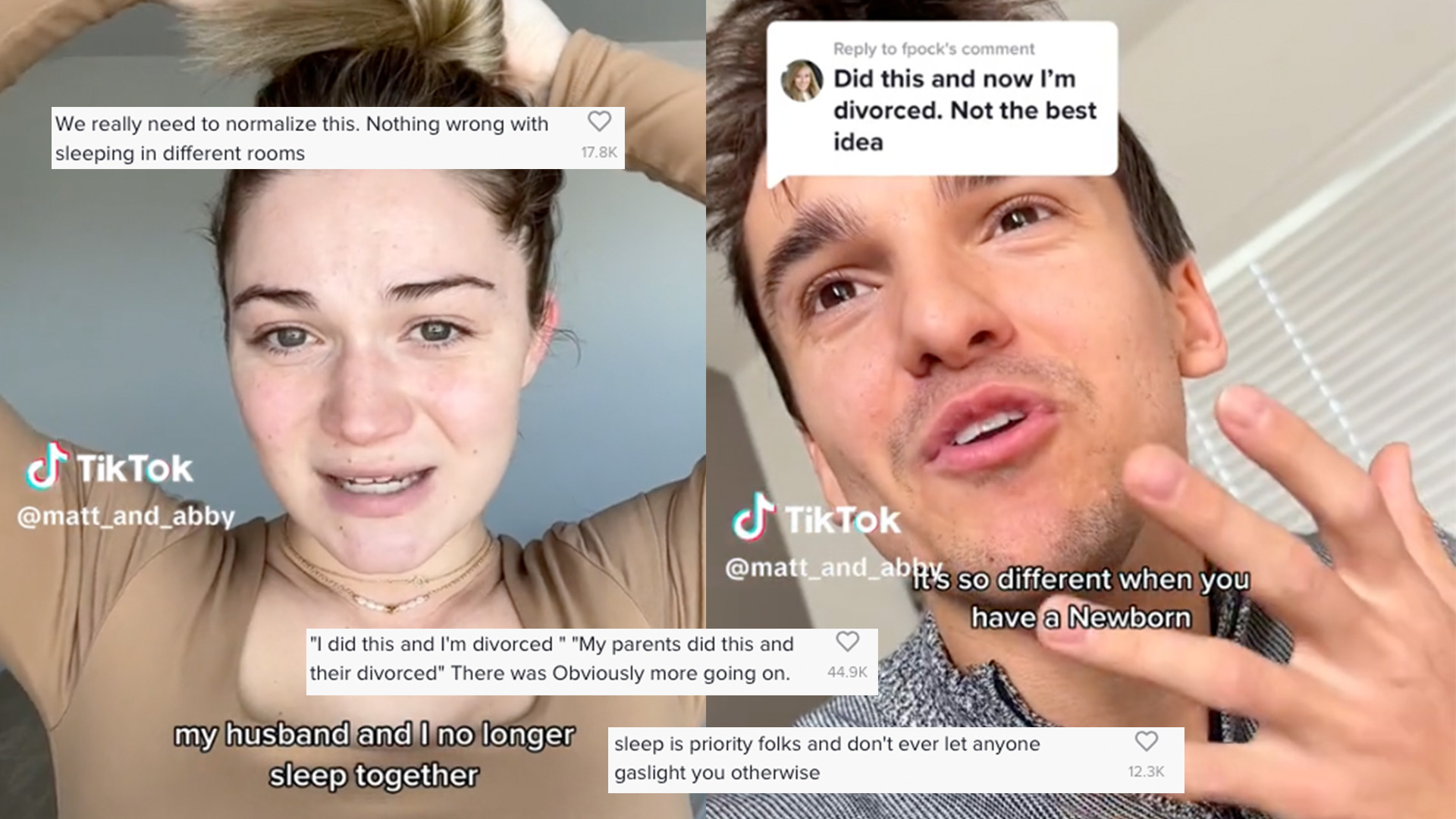
A TikTok Couple Tries a Temporary Sleep Divorce and the Internet Has Opinions
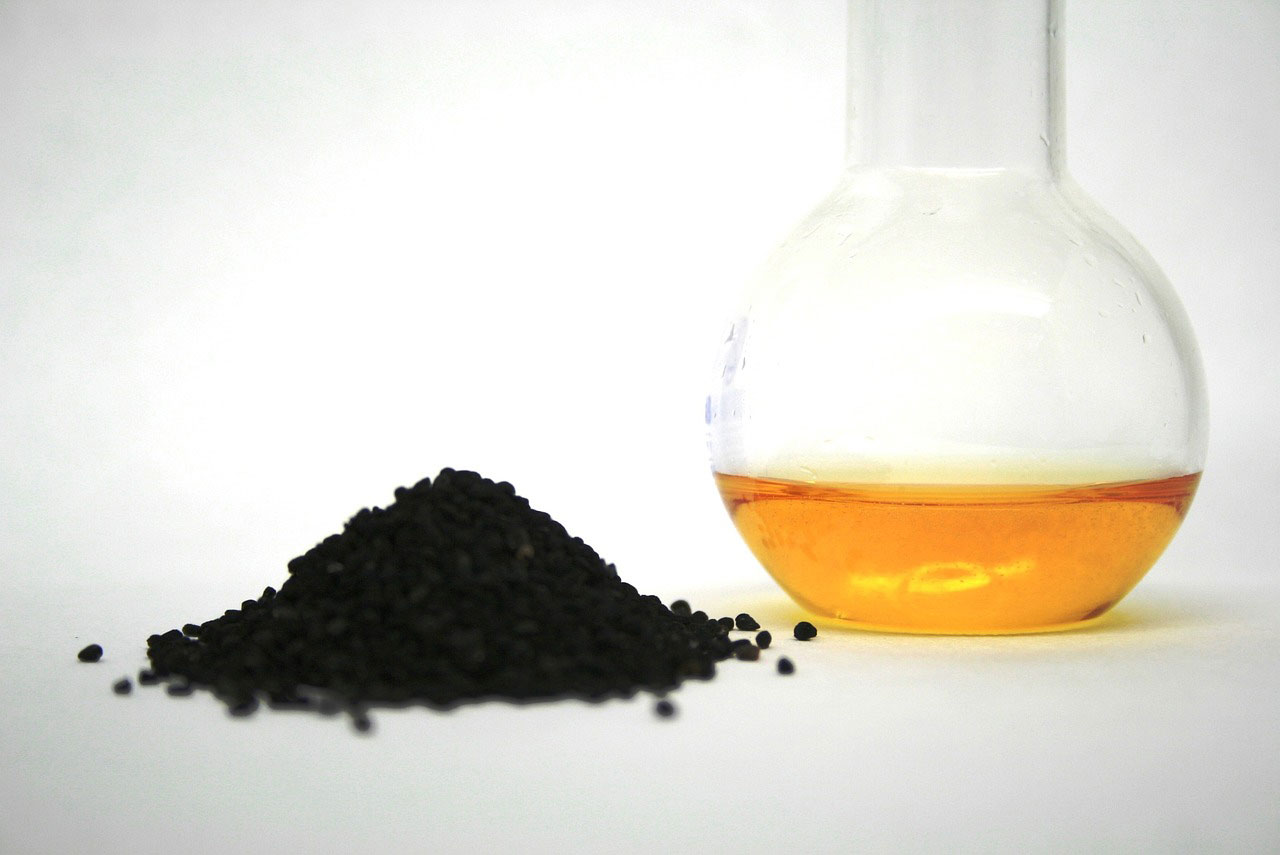
Black Cumin Is the Newest Ingredient TikTok Claims Is Good for Sleep
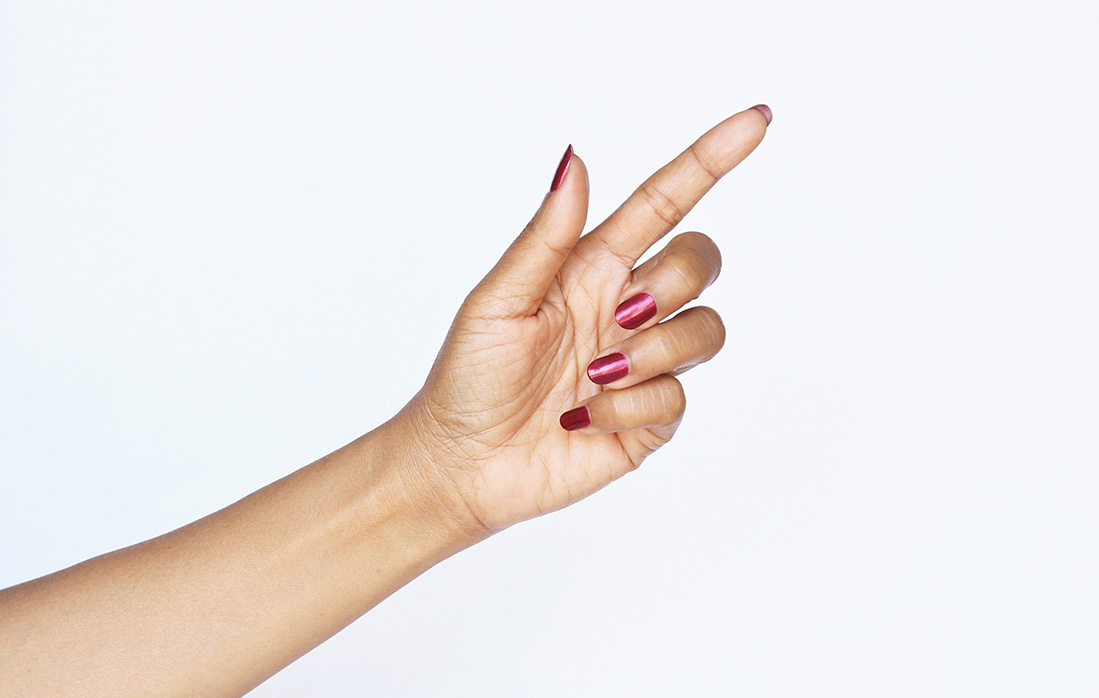
Can This Viral TikTok Sleep Hack Really Lull You To Sleep?
Sources
1. MyFitnessPal; “Concerning New Statistics Highlight Inaccurate Nutrition Trends on TikTok,” PR Newswire; https://www.prnewswire.com/news-releases/concerning-new-statistics-highlight-inaccurate-nutrition-trends-on-tiktok-302114407.html; April 11, 2024.
2. News Guard Tech; “Beware the ‘New Google’: TikTok’s Search Engine Pumps Toxic Misinformation To Its Young Users,” NewsGuardTech.com; https://www.newsguardtech.com/misinformation-monitor/september-2022/; September 14, 2022.



























